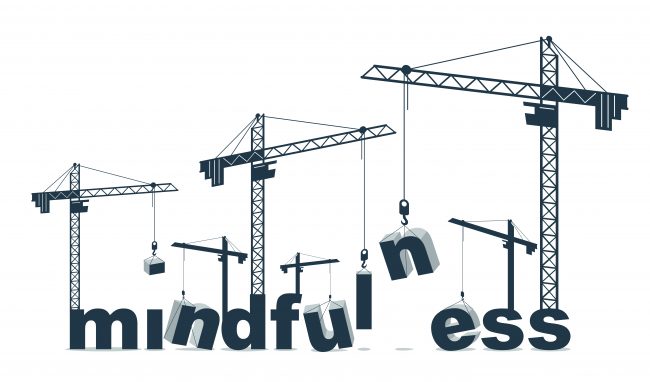What is psychological stress? A typical reaction to the stresses of daily life is stress. All other feelings, such as fear, rage, grief, and anxie
What is psychological stress?
A typical reaction to the stresses of daily life is stress. All other feelings, such as fear, rage, grief, and anxiety, are typical emotional responses. Life includes all of them. The stress that lies beneath these emotions has turned unhealthy, though, if it prevents you from doing the things you need or want to do. Rumination can actually make your stress levels worse, thus it’s beneficial to have good coping mechanisms for emotional stress as well as to steer clear of avoidance coping and more toward emotionally proactive stress management.
What are the symptoms and warning signs of emotional stress?
Emotional stress can manifest as physical, mental, and behavioural symptoms.
1. Physical signs comprise:
Chest discomfort, an elevated heart rate, or both, Bodily aches and pains in general; pain in the shoulders, neck, or back, Headaches, Either clenching or grinding your teeth, Respiration difficulty, Dizziness, Feeling worn out, worried, or melancholy, Changing your eating habits; gaining or losing weight, Getting less or more sleep than normal, Digestive issues, such as upset stomach, diarrhoea, or constipation and issues with sexuality.
2. Symptoms of the mind or behaviour include:
Feeling more sensitive than normal, feeling overburdened or tense, difficulty remembering or keeping track of stuff, difficulty making decisions, finding solutions to issues, focusing, and finishing your work and using drugs or alcohol to cope with emotional distress.
How to Manage Emotional Stress?
Thankfully, even while you can’t always make these problems go away overnight, you can minimize the emotional stress you experience and the toll it has on you. These activities might help you deal with emotional stress in a healthy way.
1. Develop Mindfulness

Physical pain frequently manifests itself when we are under mental stress. You can get a dull headache, an uneasy feeling in your stomach, and a “heavy” feeling in your chest. Although it’s common to try to suppress these emotions, it can be beneficial to delve deeper into the experience and practise mindfulness to really pay attention to the physical locations of these emotional reactions. Some individuals observe that the pain first seems to be more intense before subsiding, but then they experience the emotional and physical pain.
2. Get Distracted from your Stress

It used to be a common concept that our emotions would manifest themselves in other ways. If we didn’t express them all, or at least the major ones. This is true to a certain extent. Examining our emotional states can help us learn from what they are trying to teach us, and stuffing our feelings’ unhealthily can lead to additional issues. But it’s also been found that using emotionally healthy alternatives to divert oneself from emotional pain, such as a feel-good movie, enjoyable activities with friends, or a fulfilling cerebral challenge, can lower emotional pain and make us feel better.
3. Set aside some time from Emotional Stress

Try scheduling some time—an hour, perhaps—where you are able to fully reflect on your situation and consider potential solutions. Imagine alternate scenarios, recall upsetting exchanges, or whatever the emotional urge to do is. This will help if emotional stress and rumination frequently enter your awareness and distraction doesn’t work. An excellent strategy to use in this situation is journaling, especially if you use it to explore both your inner emotional world and prospective answers. If you’d like, discuss the issue with your friends. Immerse yourself completely. After that, try some constructive diversion.
4. Make use of Meditation

Emotional stress certainly falls into the category of stressors that meditation helps with. Meditation is very beneficial for dealing with a variety of stressors. It gives you practice in picking thoughts, which can eventually help reduce some emotional tension. It enables you to deliberately redirect your thoughts so that you can take a break from rumination.
Conclusion:
If you experience any signs of emotional stress, try solutions mentioned in this article, but if you feel unrelieved, consult a doctor. Seek for a professional’s assistance if you feel overburdened. If you are unable to control your emotions and tensions on your own. Avoid becoming “frozen” or holding your breath as you wait for your emotions to pass. Seek out expert assistance if you find yourself in a rut and are unable to escape on your own.
Counselors and mental health specialists can help you identify coping mechanisms. They can lessen the impact of emotional stress, feel better, and become more functional in your daily activities.

COMMENTS